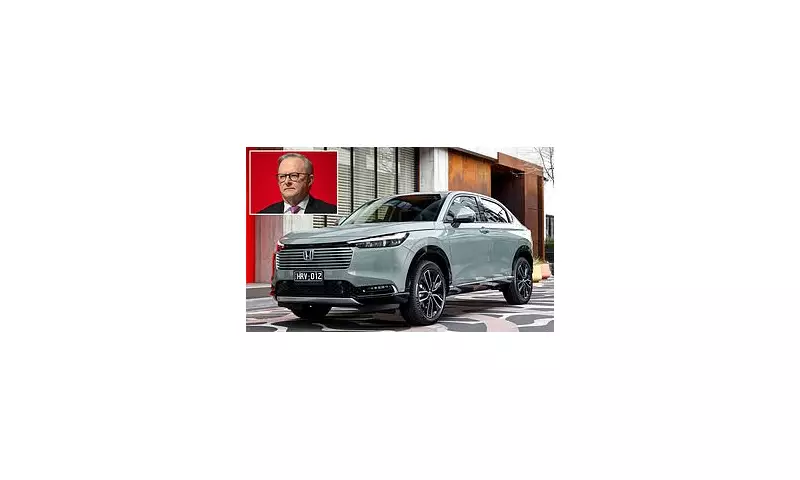
In a dramatic intervention that could reshape Australia's climate policy debate, Honda's global chief executive has delivered a stark warning to Prime Minister Anthony Albanese about the country's aggressive push towards electric vehicles.
Automotive Titan Sounds Alarm
Toshihiro Mibe, the powerful CEO steering one of the world's largest automotive manufacturers, has expressed serious reservations about Australia's rapid transition timeline. Speaking with the authority of an industry leader, Mibe cautioned that moving too quickly could backfire spectacularly.
The Honda boss highlighted several critical concerns:
- Insufficient charging infrastructure across Australia's vast landscape
- Consumer anxiety about range limitations and charging times
- Inadequate government support for the transition
- Potential economic fallout from rushed implementation
Infrastructure Gap Threatens Progress
The charging network remains the Achilles' heel of Australia's EV ambitions, industry experts warn. While major cities are gradually adding charging stations, regional and rural areas face significant gaps that could leave drivers stranded.
Mibe's comments come at a crucial moment for the Albanese government, which has made electric vehicle adoption a cornerstone of its climate policy. The warning carries particular weight given Honda's global reputation for reliability and its cautious approach to market transformations.
Consumer Confidence Hangs in Balance
Beyond infrastructure concerns, the Honda CEO pointed to the psychological barrier facing potential EV buyers. Range anxiety continues to deter many Australians from making the switch, particularly those who regularly travel long distances between cities and regional centres.
The automotive leader's intervention suggests that even major manufacturers, while committed to an electric future, believe the transition must be managed carefully to avoid alienating consumers and damaging the industry.
Global Context Adds Pressure
Australia's EV dilemma unfolds against a backdrop of slowing electric vehicle demand in several international markets. Major economies are grappling with similar challenges, balancing environmental imperatives against practical realities and consumer preferences.
Mibe's warning serves as a reality check for policymakers who might be tempted to follow more aggressive European timelines without considering Australia's unique geographical and economic circumstances.
The coming months will reveal whether the Albanese government heeds this automotive heavyweight's caution or charges ahead with its electric revolution regardless of the potential pitfalls.





